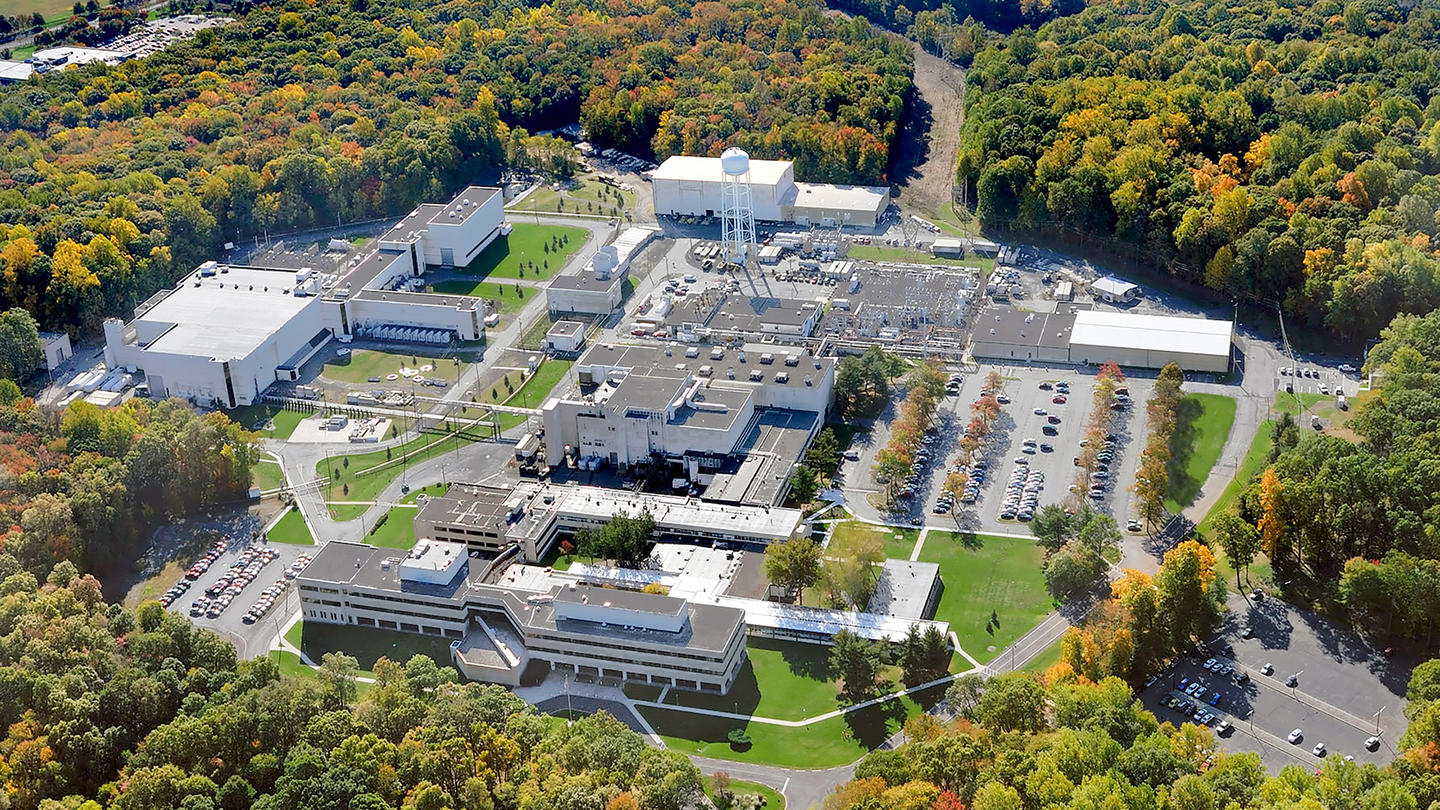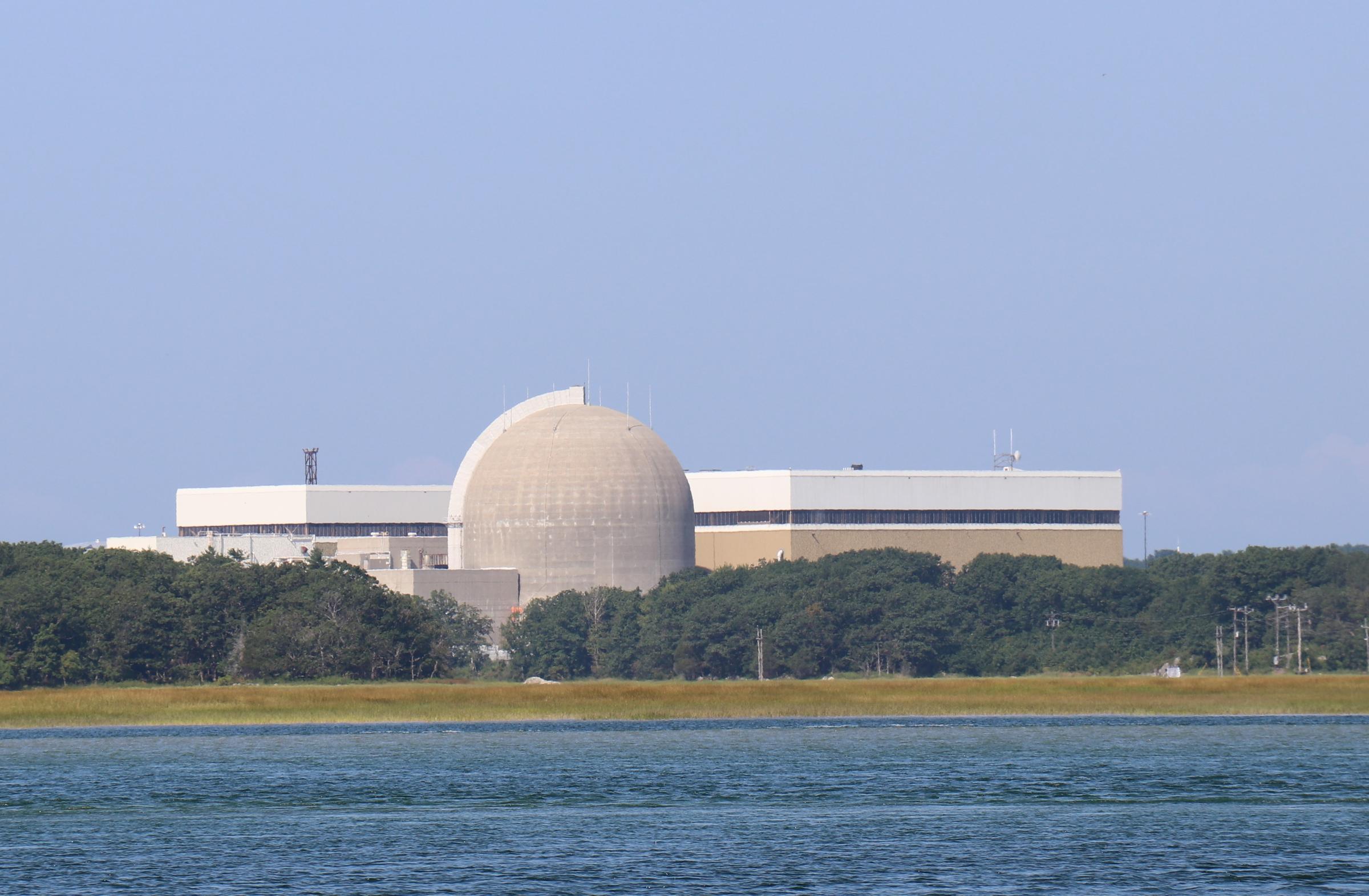
The Puzzling Enigma of Nuclear Generosity
The recent announcement by the UK government regarding the “biggest expansion of the nuclear sector in 70 years” raises eyebrows, considering the acknowledged poor performance of nuclear power compared to more affordable and reliable alternatives. The perplexing question persists: Why does this ailing technology continue to receive intense and persistent support despite its shortcomings and costly history?
Lack of Substantive Justification: A Troubling Trend
A critical examination reveals that official UK energy policy documents have failed to provide detailed and substantive justifications for supporting nuclear power. The absence of a rigorous energy white paper since 2003 raises concerns about the transparency and rationale behind such steadfast support.
Military Dimensions: The Open Secret
A document released alongside the recent nuclear expansion announcement, titled “Civil Nuclear: Roadmap to 2050,” sheds light on a previously undisclosed aspect. The strategy emphasizes aligning “civil and military nuclear ambitions” and identifies opportunities for collaboration across government. This acknowledgment reveals a longstanding connection between civil and military nuclear programs.
Historical Context: Military Influence on Nuclear Policy
Historical instances underscore the influence of military interests on nuclear policy. Former Prime Minister Tony Blair’s reversal on nuclear power in 2006, deviating from a prior white paper, was influenced by a study from the military-linked RAND Corporation. This study warned of the unaffordability of the UK’s “industrial base” for nuclear submarines if civil nuclear power was phased out.
Concealed Pressures: Masking Military Costs
Documents from 2007, including a report from BAE Systems, advocated for masking military costs behind civil nuclear programs. A 2014 secret report from the Ministry of Defence (MoD) highlighted the erosion of military nuclear skills due to declining civil nuclear power. The imperative to “keep the nuclear option open” is often emphasized, reflecting the covert but clear agenda to support military capabilities.
Covert Collaboration: Government Actions Speak Louder
The government’s actions, including the allocation of hundreds of millions for nuclear innovation and a sector deal promoting transferability between civil and defense industries, reveal a concerted effort to align civil and military nuclear interests. Despite the government’s reluctance to openly acknowledge these pressures, actions speak louder than words.
Global Context: Similar Strategies Worldwide
The UK’s approach aligns with strategies employed by other nuclear-armed states like the US, France, Russia, and China. The interdependence of civil and military nuclear programs is acknowledged openly in some countries, while others, like the UK, maintain secrecy. Military pressures for nuclear power explain the disproportionate fixation on nuclear energy in these nations.
Implications: Concealed Subsidies and Democratic Concerns
The covert subsidies provided to the joint civil-military nuclear industrial base, hidden from public scrutiny and off the public books, raise concerns about the affordability of nuclear submarines and the actual cost of electricity and climate action. The lack of transparency not only distorts energy policies but also raises questions about the democratic implications of concealing the true motivations behind the nuclear push.
Unveiling Nuclear Realities for a Transparent Future
In the pursuit of a sustainable and democratic energy future, it becomes imperative to unveil the concealed nexus between military interests and the UK’s nuclear expansion. Acknowledging the interplay between civil and military nuclear programs is essential for fostering transparency, informed decision-making, and genuine progress toward a cleaner, more affordable energy landscape. The issues at hand transcend energy and climate concerns; they delve into the very fabric of democracy.





